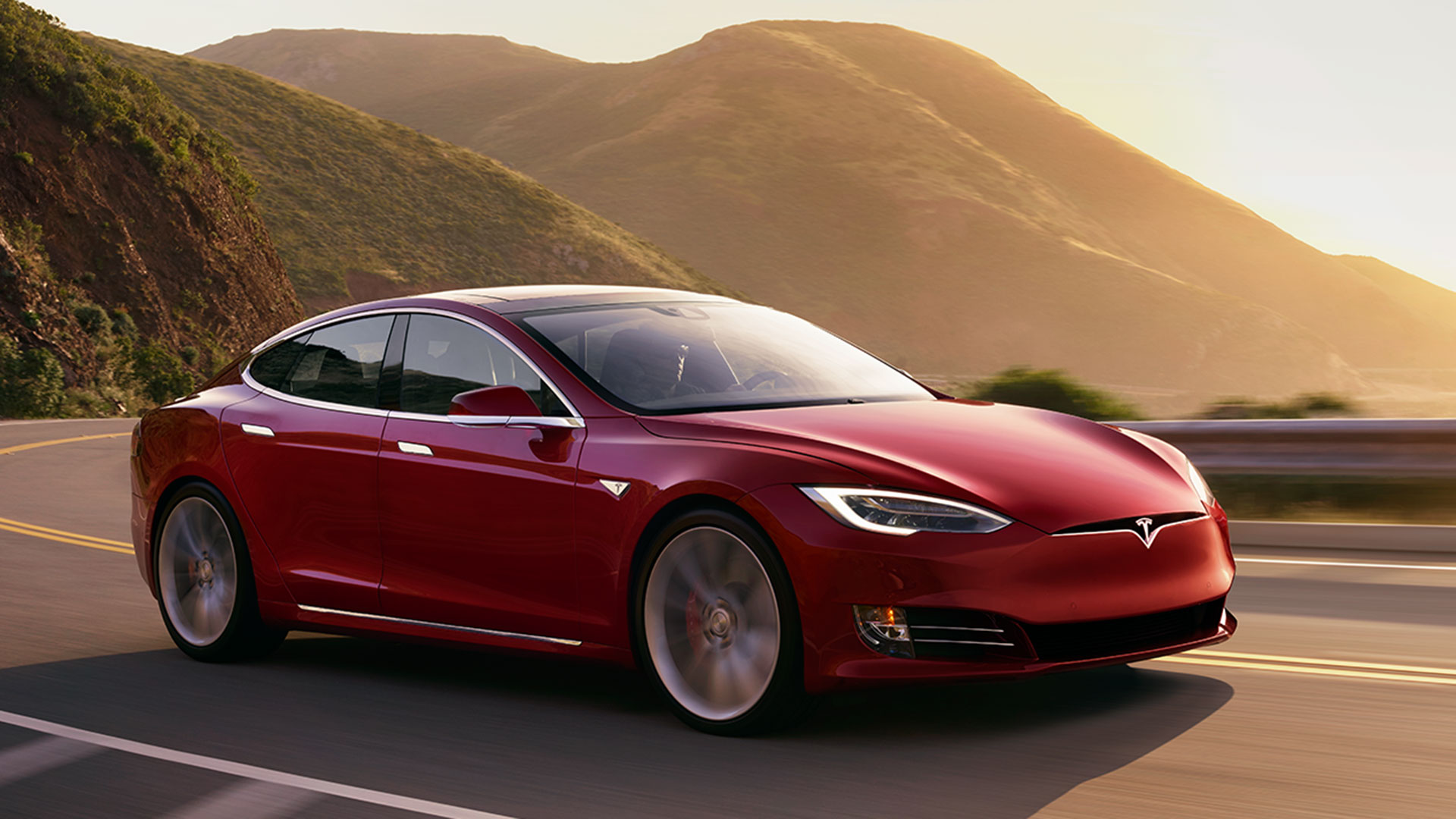

Bad news for anybody looking to get into a Model S for under $70,000 – it reportedly won’t be possible in the very near future. This comes only a few months after Tesla discontinued its cheapest battery option, the 60 kWh, further widening the gap between the Model 3’s $35,000 price tag and the soon-to-be $75,000 Model S.
Tesla has been reportedly reaching out to customers that have expressed interest in the car letting them know that their desired configuration wouldn’t be available for long. When pressed for more information, a spokesperson with Tesla told the source that they were discontinuing the single-motor 75 kWh configuration by the end of the year. This leaves only the dual-motor variant at 75 kWh available for purchase, create an additional $5,000 in charges for any potential buyer.
It’s apparent that Tesla wants to make a clear line between the Model 3 being its entry-level EV and the Model S being its current premium offering. The widening of the gap suggests that it is either creating a strategy to further push the Model S as its faster, premium model, or that Tesla is simply afraid that a low-cost Model S may hurt Model 3 sales if it is too close in cost. This is especially true when the Model 3 will likely have a 75 kWh dual-motor variant, though production is to streamline single-motor vehicles first. But with the Model 3 needing add-ons to push it into profitability, condensing the Model S to a single battery option with performance variant, like the 100D and P100D, may help to make up profit room elsewhere.
Tesla has been making changes to its configuration tool ahead of the Model 3 launch, including making certain features on the Model S standard (lighting, air suspension, and more), while wrapping up some other add-ons into a single bundle it calls the “premium upgrades package”. This likely comes as a response to Tesla wanting to simplify the number of configurations available for its vehicles to further drive down production variations.
Whether you’re planning on buying a Model 3 or Model S, you’re still getting one of the top-selling EVs on the market (or most reserved, in the case of the Model 3). Early adopters of Tesla’s brand will be happy to take advantage of the tax credits available to buyers in the U.S., but knowing that the Model S is headed towards a premium-only model might push potential buyers towards an early purchase before the cheaper options are all discontinued.